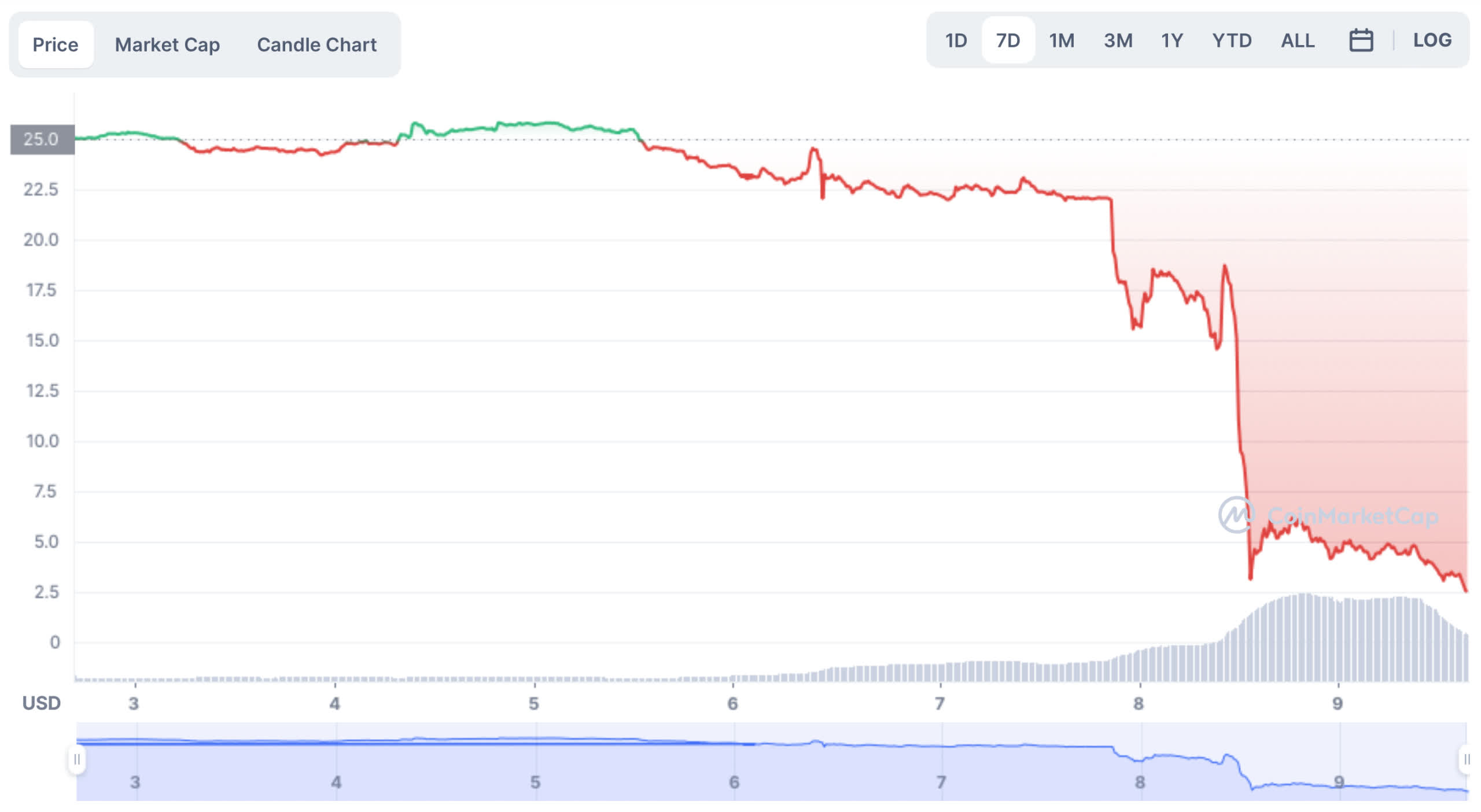A hot potato: The controversy over the catastrophic implosion of FTX is stirring the pot between investors and officials. Those who lost money claim the Bahamian government is shielding FTX and Sam Bankman-Fried from the potential consequences of mishandling their funds. The backlash prompted the country's attorney general to go on the defensive in a live-streamed statement that almost nobody watched.

Bahamas Attorney General L. Ryan Pinder spoke out over the weekend regarding the FTX collapse and the public's interest in the legally "free" status of Sam Bankman-Fried (SBF). The AG live-streamed the presser via the Bahamas Office of the Prime Minister's Facebook page, where it racked up a whopping 623 views (embedded below via YouTube repost).
Pinder assured the public and investors that Bahamian regulators are doing their jobs by conducting due process and not buying into the mob mentality that wants to see SBF hung by the neck until dead.
"The Bahamas is a place of laws. The rule of law and the exercise of due process characterize the integrity of our jurisdiction," the AG said.
Investors feel the country's officials are harboring a criminal and accusing it of being a haven for crypto money laundering. Officials even challenged an FTX bankruptcy filing in Delaware earlier this month, claiming it has jurisdiction over the company's liquidation.
On the one hand, due process is undoubtedly prudent in a free nation. Gathering a case against SBF before filing charges is precisely what would happen in the US or UK. On the other hand, people who lost virtually every penny they invested are outraged that authorities haven't made an arrest. After all, it seems evident that there was some blatant mishandling of FTX investor funds.
Bankman-Fried spent millions bailing out other failing cryptocurrencies. He paid sports teams, athletes, and celebrities to promote his coin. The cryptopreneur also went on record admitting that he lost billions in FTX funds in another of his ventures called Alameda Research.
In a text-message interview with Vox, SBF said Alameda went under because it invested heavily in LUNA stablecoin, which also tanked earlier this year. Bankman-Fried avoided mentioning how much it lost and where Alameda spent that money. His excuse for the loss was "messy accounting."
However, it is another area due for investigation, considering that Wall Street Journal sources said SBF and other execs were well aware FTX gave about half of its investors' money to Alameda — funds that evaporated between May and June of this year.
In the meantime, investors have their pockets turned out while SBF is still supposedly sitting in his Bahamian palatial estate. Indeed many have concluded that they will never get their money back and want the satisfaction of seeing SBF behind bars, but that could be a while.

Free falling: In a span of three days, FTX plunged 90 percent.
Pinder stated that his investigation was "very complex" and is only in the "early stages."
"We understand the enormous interest in this story, but as a government, we decided right away that what was most important was not to engage in speculation or gossip but instead to proceed methodically and deliberately in accordance with the exercise of due process and the rule of law," the AG said. "There is still no agreed-upon standards globally. Regulators from around the world are still grappling with how to regulate digital assets."
Pinder continually harped on how other countries should have done their part in keeping their eye on FTX since it operated globally. Of course, this flies directly in the face of his office's insistence that it be given complete jurisdiction over FTX's bankruptcy hearings.
"Any attempt to lay the entirety of this debacle at the feet of the Bahamas because FTX is headquartered here would be a gross oversimplification of reality," Pinder admonished. "We have been shocked at the ignorance of those who assert FTX came to the Bahamas because they did not want to commit to regulatory scrutiny. In fact, the world is full of countries in which there is no legislative regulatory authority over the crypto and digital asset business."
Pinder seemed to spend just as much time pointing out that investors should not point fingers at the Bahamian government as he did reassuring them he was doing everything he could to uncover what happened and hold parties responsible if necessary. The problem is that his voice is mostly falling on deaf ears.
Image credit: Marco Verch
https://www.techspot.com/news/96792-bahamas-ag-defends-investigation-sbf-ftx-while-pointing.html
